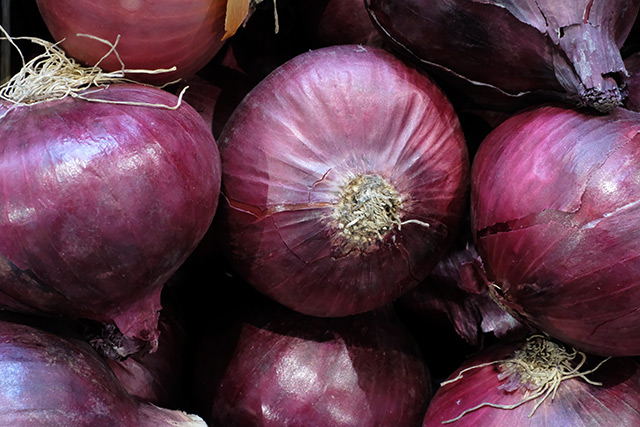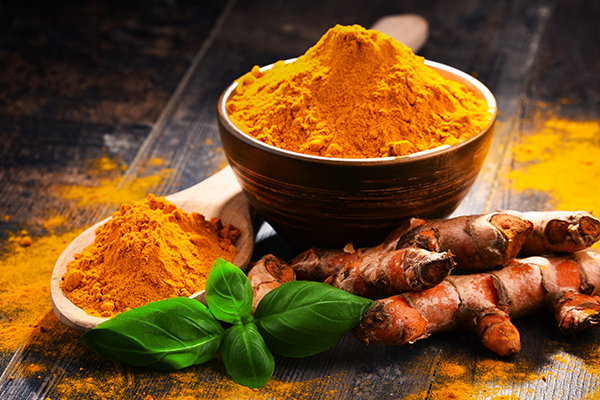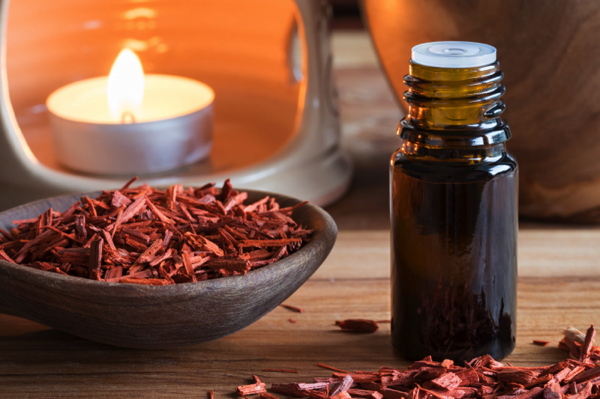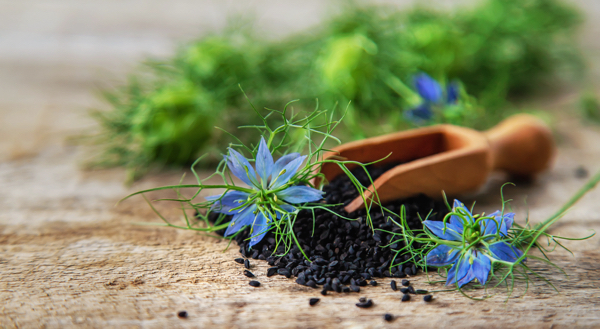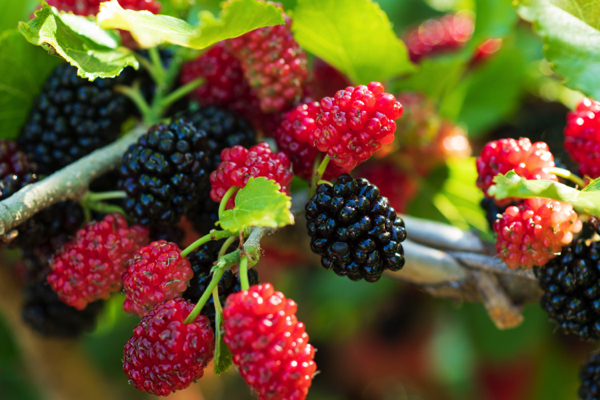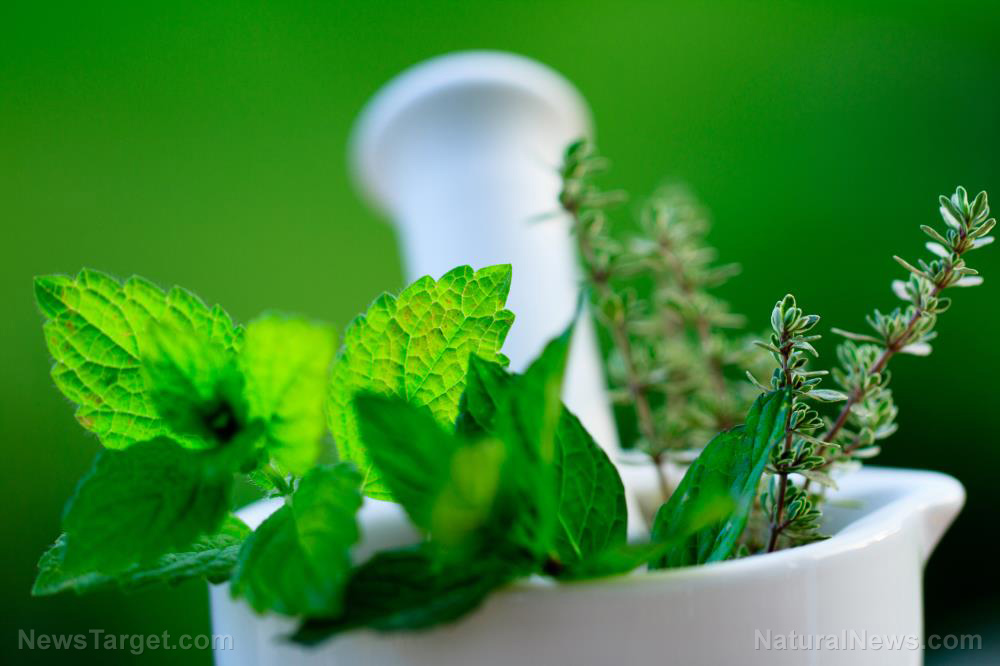Hyssop essential oil: Ancient healing herb in modern form
11/01/2024 / By Olivia Cook

From ancient times to modern wellness practices, hyssop has captivated hearts and minds of people with its remarkable healing properties. This revered herb, mentioned multiple times in the Bible, was celebrated for its purifying qualities and symbolic significance. Used in rituals to cleanse and sanctify, hyssop played a crucial role in both physical and spiritual health.
Today, this versatile herb has made a resurgence as natural remedy in the form of hyssop essential oil, which offers a myriad of benefits for the body, mind and spirit.
Phytochemistry and biological activities
Hyssop essential oils are known for their rich, complex fragrance. The key active compounds in hyssop essential oil – such as beta-pinene, isopinocamphone, pinocamphone and other terpenoids – are responsible for its characteristic aromatic profile and notable bioactivity. Hyssop essential oil is also rich in secondary plant metabolites, including flavonoids like apigenin, luteolin, quercetin and their associated glucosides. Phenolic acids, such as caffeic acid, chlorogenic acid, ferulic acid, p-hydroxybenzoic acid and protocatechuic acid also feature prominently in Hyssop’s profile.
These compounds together contribute to the wide-ranging health applications of hyssop – shown in laboratory studies to possess antifungal and antiviral properties. Additionally, in vivo research has indicated that hyssop extracts may aid in cell membrane relaxation and exhibit mild sedative and cytotoxic effects – highlighting its potential in therapeutic and supportive care contexts.
Hyssop oils’ chemical composition can vary significantly across different plant varieties and geographic regions. This variability is influenced by several factors, including the plant’s origin, geography, local climate, cultivation methods, growth states and specific plant parts used. Harvest timing and the presence of different chemical profiles also play a role in the oil’s composition. This diversity in composition directly impacts the aroma, potency and potential therapeutic effects of hyssop essential oil.
Fighting germs and fungi
Hyssop essential oil is packed with powerful compounds like beta-pinene, carvacrol, isopinocamphone, pinocarvone and terpinene-4-ol – all of which have shown antimicrobial abilities.
For example, studies published in the Annals of Agricultural and Environmental Medicine in 2021 have found that hyssop oil can be effective against nasty germs, such as:
- Bacillus cereus. Known for causing food poisoning, B. cereus can lead to diarrhea, nausea and vomiting – often from improperly stored or reheated foods like pasta and rice.
- Escherichia coli. Often responsible for foodborne illnesses, E. coli can lead to diarrhea, severe stomach cramps and vomiting, with certain strains causing more serious conditions, such as kidney failure.
- Listeria monocytogenes. Particularly dangerous for newborns, pregnant women and people with compromised immune systems, L. monocytogenes causes listeriosis – a severe infection leading to fever, muscle aches and in serious cases, meningitis.
- Proteus hauseri. Typically found in the human gut, soil and water, this bacterium can cause urinary tract infections, especially in individuals with weakened immune systems or those using catheters.
- Rhodococcus equi. Though less common, this bacterium can cause respiratory infections, particularly in individuals with weakened immune systems, such as HIV/AIDS patients.
- Salmonella enteritidis. A leading cause of foodborne illness, often from raw eggs or poultry, S. enteritidis can cause abdominal cramps, diarrhea and fever.
- Staphylococcus aureus. Commonly associated with skin infections, it can also cause food poisoning (if ingested in contaminated food), pneumonia and sepsis (a life-threatening reaction to infection where your body’s response causes organ failure, tissue damage or even death.
When it comes to fungi, hyssop essential oil shines, too. It can reduce the growth of yeast infections caused by Candida species, with effective concentrations that are surprisingly low. In one intriguing study from Serbia, hyssop essential oil even showed promise against a fungus that threatens mushroom crops – highlighting its potential as a natural pesticide.
Antioxidant powerhouse
Hyssop essential oil has significant antioxidant properties. Antioxidants are important because they help protect our bodies from damage caused by free radicals – unstable molecules that can contribute to aging and diseases. In laboratory tests, hyssop essential oil demonstrated impressive scavenging abilities – neutralizing harmful molecules.
The oil’s antioxidant properties can be particularly useful in food preservation, as it can inhibit the growth of bacteria in foods like ground beef. This could help keep your food fresher for longer while adding a hint of herbal flavor.
Cancer-fighting potential
Studies examining the effects of hyssop extracts on various cancer cell lines have shown that they can inhibit the growth of certain cancer cells, such as breast cancer, colon cancer and melanoma. The antioxidant properties of hyssop may play a role in this effect, with key components like linalool and methyl eugenol being particularly beneficial.
Mosquito control
Hyssop essential oil has shown effectiveness in killing mosquito larvae – a promising candidate for natural pest control solutions. This means you could potentially enjoy your outdoor activities without the constant buzz of mosquitoes.
Relaxation benefits
Components of hyssop essential oil have been shown to relax muscles and ease tension. Some research even suggests that hyssop extracts may have potential anticonvulsant effects – meaning they could help manage seizures in certain situations.
EssentialOils.news has more stories like this.
Learn more about hyssop and its uses as stated in the Bible by watching this video.
This video is from the Daily Videos channel on Brighteon.com.
More related stories:
12 Essential oils and their biblical references.
A basic guide to blending essential oils at home.
12 Useful medicinal herbs to grow in your home garden.
Sources include:
Submit a correction >>
Tagged Under:
alternative medicine, anti-inflammatory, anticancer, Antimicrobial, antioxidant, essential oils, herbal medicine, Herbs, hyssop, natural antibiotics, natural cures, natural health, natural medicine, Naturopathy, phytonutrients
This article may contain statements that reflect the opinion of the author
RECENT NEWS & ARTICLES
COPYRIGHT © 2017 NATURALANTIBIOTICS.NEWS
All content posted on this site is protected under Free Speech. NaturalAntibiotics.news is not responsible for content written by contributing authors. The information on this site is provided for educational and entertainment purposes only. It is not intended as a substitute for professional advice of any kind. NaturalAntibiotics.news assumes no responsibility for the use or misuse of this material. All trademarks, registered trademarks and service marks mentioned on this site are the property of their respective owners.






